1. Health Benefits of Peanut Alternatives
While peanuts are a popular and versatile snack, some individuals have allergies or prefer to explore alternative options. Luckily, there are numerous delicious and nutritious alternatives that can replace peanuts in a healthy diet. One such alternative is almonds. Almonds are a fantastic source of healthy fats, protein, vitamin E, and magnesium. They have been linked to reduced inflammation, improved heart health, and lower cholesterol levels. Another excellent substitute for peanuts is cashews. Cashews offer a creamy texture and a rich flavor. They are packed with nutrients like copper, manganese, and zinc, which aid in promoting a healthy immune system. Additionally, cashews are a good source of monounsaturated fats, which are beneficial for heart health. Finally, sunflower seeds are an excellent alternative to peanuts. They are an abundant source of vitamin E, antioxidants, and healthy fats. Sunflower seeds have been associated with reducing inflammation, helping with weight management, and improving skin health.
2. Nutritional Values of Other Legumes
When it comes to finding delicious and nutritious alternatives to peanuts for a healthy diet, other legumes can provide an abundance of benefits. Legumes such as lentils, chickpeas, and beans offer a wide range of essential nutrients that support overall well-being. These legumes are excellent sources of protein, fiber, and complex carbohydrates. They are also low in fat and rich in vitamins and minerals, including iron, magnesium, and folate. Incorporating lentils, chickpeas, and beans into your meals can enhance digestion, promote heart health, and help control blood sugar levels. Additionally, their versatility allows for endless culinary possibilities, making them a go-to choice for a well-rounded and nourishing diet.
3. Popular Peanut Alternatives
One popular peanut alternative is almond butter. Made from ground almonds, almond butter is rich in healthy fats, antioxidants, and vitamin E. It has a creamy texture and a slightly sweet flavor, making it a delicious spread for toast, fruit, or vegetables. Another great alternative is cashew butter. Similar to almond butter, cashew butter is made from ground cashew nuts and is also packed with healthy fats, vitamins, and minerals. It has a smooth and creamy consistency, and its mild and slightly buttery flavor pairs well with a variety of dishes.
If you’re looking for a nut-free option, sunflower seed butter is an excellent choice. Made from roasted sunflower seeds, it is a great source of protein, fiber, and vitamin E. It has a nutty flavor and a slightly thicker texture, making it a versatile spread for sandwiches, smoothies, or baking recipes. Lastly, for those with tree nut allergies, sesame butter (also known as tahini) is a fantastic alternative. Made from roasted sesame seeds, tahini is rich in healthy fats, protein, and minerals. It has a savory and slightly bitter taste, making it a delightful addition to salad dressings, dips, or hummus.
4. Delicious Peanuts-Free Snack Ideas
While peanuts are a popular snack choice, some people have allergies or dietary restrictions that prevent them from enjoying this delicious nut. Fortunately, there are several equally tasty and healthy alternatives available that can be incorporated into a balanced diet. Here are four peanuts-free snack ideas to discover and enjoy:
1. Roasted Chickpeas
Roasted chickpeas make for a delightful peanuts-free snack option. These protein-packed legumes are incredibly versatile and can be seasoned with an array of spices to suit different taste preferences. Simply drain and rinse a can of chickpeas, pat them dry, and toss them in olive oil, salt, and spices like paprika, cumin, or garlic powder. Spread them on a baking sheet and roast them in the oven at 400°F for about 25-30 minutes, or until they turn crispy. Roasted chickpeas offer a crunchy texture and a slightly nutty flavor, making them a satisfying and healthy alternative to peanuts.
2. Edamame
Edamame, or young soybeans, are a nutritious and filling snack that is free from peanuts. These green pods are loaded with protein, fiber, and essential minerals. To prepare, simply steam or boil the edamame pods until they are tender, drain, and sprinkle with a pinch of salt. You can also add a dash of soy sauce or sesame oil for added flavor. Edamame is not only delicious but also offers numerous health benefits, including supporting heart health and aiding in weight management.
3. Toasted Pumpkin Seeds
Toasted pumpkin seeds, also known as pepitas, are a fantastic alternative to peanuts. These crunchy seeds are rich in nutrients like magnesium, zinc, and healthy fats. Start by removing the seeds from a pumpkin, rinse them, and pat them dry. Then, toss them with some olive oil and your choice of seasoning, such as sea salt or a blend of spices like cinnamon and nutmeg. Spread the seeds evenly on a baking sheet and toast them in the oven at 325°F for about 10-15 minutes, or until golden brown. Toasted pumpkin seeds are a delicious and nutritious snack option that can be enjoyed on their own or added to salads, granola, or trail mix.
4. Rice Cakes with Avocado
A twist on the classic peanut butter on bread snack, rice cakes with avocado are a satisfying option for those avoiding peanuts. Spread mashed avocado onto a plain rice cake and sprinkle some sea salt or black pepper on top. You can also add additional toppings like sliced tomatoes, cucumber, or a drizzle of balsamic glaze for extra flavor. This snack is not only peanuts-free but also gluten-free and low in calories, making it a guilt-free and nutritious option.
With these delicious peanuts-free snack ideas, you can still enjoy tasty and healthy snacks without worrying about allergies or dietary restrictions. Explore these alternatives and discover new flavors that will satisfy your cravings and nourish your body.
5. Cooking with Peanut Substitutes
For individuals with peanut allergies or those looking to switch up their diet, there are plenty of delicious and nutritious alternatives to peanuts that can be used in cooking. One popular substitute is almond butter, which has a similar rich and creamy texture to peanut butter but with a slightly different taste. Almond butter is loaded with healthy fats, vitamin E, and protein, making it a great choice for a healthy diet. Another great option is sunflower seed butter, which has a nutty flavor and is an excellent source of vitamin E, magnesium, and essential fatty acids. Cashew butter is also an excellent substitute for peanuts and has a smooth and creamy texture. It is rich in healthy monounsaturated fats and minerals like copper and magnesium. These peanut substitutes can be used in a variety of recipes, whether you’re making sandwiches, baked goods, or sauces. Overall, exploring alternatives to peanuts can open up a world of new flavors and provide essential nutrients for a healthy and balanced diet.
6. Allergen-Free Nut Butters to Try
If you have a peanut allergy or follow a strict allergen-free diet, you can still enjoy the delicious and nutritious benefits of nut butters. There are several alternatives to peanuts that offer great flavor and a variety of health benefits. Here are a few allergen-free nut butters to try:
- Almond Butter: Made from roasted almonds, almond butter is a popular choice for those with peanut allergies. It is rich in vitamin E, healthy fats, and antioxidants, which contribute to heart health and reduce inflammation.
- Sunflower Seed Butter: Sunflower seed butter is a creamy and nutty alternative to peanut butter. It is high in protein, fiber, and essential fatty acids. Additionally, it is a good source of vitamin E, magnesium, and selenium.
- Soy Nut Butter: Made from roasted soybeans, soy nut butter has a similar taste and texture to peanut butter. It is an excellent source of plant-based protein, as well as essential minerals like iron, calcium, and potassium.
- Pumpkin Seed Butter: Pumpkin seed butter is a unique and nutritious option. It is packed with vitamins, minerals, and antioxidants. It also provides a good amount of protein, healthy fats, and fiber.
- Tahini: Although technically a sesame seed paste rather than a nut butter, tahini is a versatile and flavorful option. It is rich in healthy fats, protein, and minerals like copper and manganese.
These allergen-free nut butters can be used as spreads, dips, or ingredients in various recipes. They can be enjoyed on toast, in smoothies, or as a dip for fruits and vegetables. Experiment with different flavors to find your favorites!

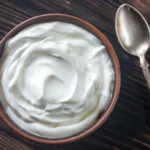

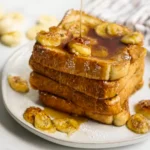

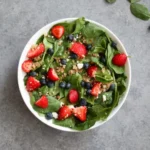


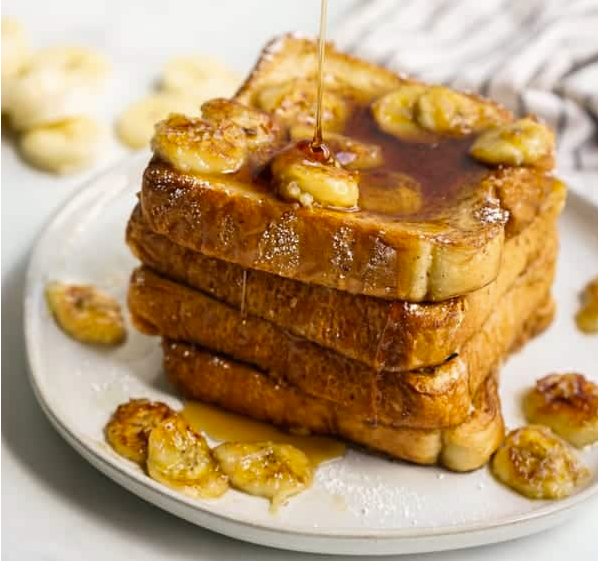
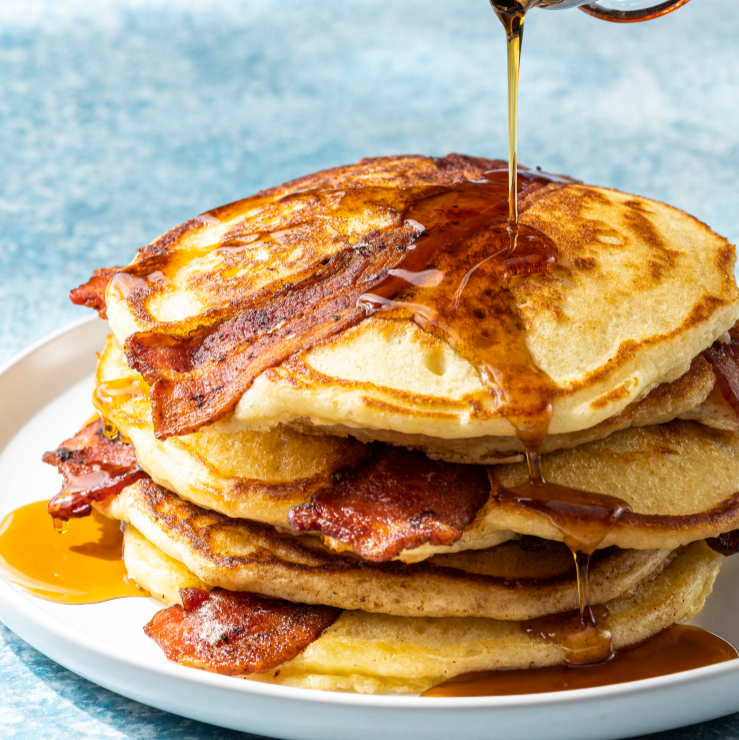
Leave a Reply